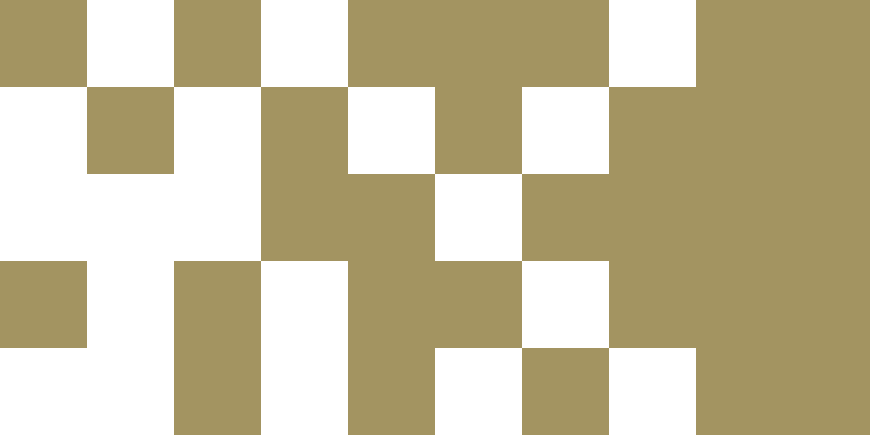Overview
The Centre for Sustainable Disinfection and Sterilization (CSDS) is an internationally-recognised multi-disciplinary facility supporting and enabling research, education and enterprise in disinfection and sterilization. Core strategic areas serviced by CSDS include healthcare, medical device industry including terminal sterilization, agri-food, and the environment. CSDS in managed by Professor Neil Rowan who has supervised 36 PhDs and mentored 14 Postdoctoral Researchers in these topics.
Healthcare
CSDS supports and advances end-to-end device processing with a particular focus on cleaning, disinfection, and sterilization. It provides testing and characterisation of bench-scale technologies and partners on development of pilot and industrial scale sterilization technologies for medical device applications. Popular funded topics supported and researcher activities include:
- Sterilization Microbiology
- Toxicology
- Rapid Microbiological Methods
- Advanced imaging technologies
- Real-time microbial monitoring and enumeration techniques (such as Flow Cytometry)
- High level disinfection
- Biofilms and antimicrobial drug resistance including problematical fungi
- Antimicrobial coatings and medical device design including polymer engineering
- Virology, Bacteriology, Fungi, Yeasts, Parasitology
- Digital Health including interventions.
- Risk modelling and mitigation.
- Biotherapeutics
- Prion decontamination
- Training including blended use of education and immersive technologies
- Infection Control and Policy
CSDS supported leading research in COVID-19 including PPE innovation.
Case Study, Terra Kremer, Global Director Microbiological Services, Johnson & Johnson undertaking PhD in end-to-end medical device reprocessing with focus on cleaning, device features, and patient risk mitigation. Terra is on track for 16 publications arising from her stellar PhD.
Case Study, Kevin Masterson, PhD study on novel low temperature extrusion for blending novel bioactives for biofilm disruption and antimicrobial activities. Kevin has published his research in leading journals Science of the total Environment and Biomedicines.
Terminal Sterilization
CSDS supports and enables leading research, innovation and enterprise is terminal sterilization for healthcare sector. Research with key industry partners (STERIS Advanced Sterilisation Technologies) include sustainable physical (x-ray, electron-beam, gamma radiation) and gaseous technologies (ethylene oxide, vaporized hydrogen peroxide [VH2O2]. Popular topics include
- Sterilization Microbiology
- Bioindicators
- Real-time inactivation monitoring and modelling.
- Polymer engineering and device features [collaboration with PRISM, TUS]
- Toxicology, cell culture, biocompatibility.
Case Study – Dr Brian McEvoy, Global Director Sterilization Technologies, STERIS Advanced Sterilization Technologies based in Tullamore Industrial Park, Ireland. Dr McEvoy focused on developing and validation first VHP process for terminal sterilization along with novel application of real-time microbial enumeration technologies. Dr McEvoy publications have been recognised as most cited in Journal of Applied Microbiology in 2020. His comparative review of VHP technology has been cited 120 times by peers and has been highlighted as a potential sustainable sterilization technology for safe processing of medical waste (such as SARS-CoV-2 contaminated PPE).
Agri-food
CSDS supports and advances research in non-thermal food processing including fisheries, seafood and waste water reprocessing. Key technologies developed and supported include pulsed UV-light, blue-light, pulsed electric fields, pulsed-plasma gas-discharge. Testing of appropriate technologies for large scale pollen treatment (industrial) for pollination and ecosystem service management (EPA-funded). Popular topics include:
- Microbiology including microbiological techniques
- Toxicology including eco-toxicology
- Inactivation microbial modelling
- Biotechnology, including use of bioreactors for simulating environmental stresses
- Cell and molecular mechanistic action for microbial destruction
- Predictive microbiology
- Sustainable modelling include Life Cycle Assessment (LCA), Principle Component Analysis, Material Flow Analysis
- Virology (including Norovirus), mycology, food borne parasites
- Technology development including collaboration with University of Galway
- Digital innovation including immersive training.
- Advanced image analysis (RAMAN, Confocal Microscopy, AFM, SEM)
- Sensory analysis
- Bioinformatics, next generation sequencing and machine learning.
- Econometric modelling and business model development
- HACCP, computational and risk modelling.
- Outreach (local schools and communities)
Case study – Dr Hugh Farrell studies cell and molecular mechanisms underpinning irreversible inactivation of key food borne pathogens using pulsed light (EPA funded). Hugh published several papers in leading journals.
Case study – Jack Eakins developed e-beam technology for large scale treatment of pollen for commercial bumblebees with Maynooth University (EPA-funded). Jack published his research in leading Science of the Total Environment.
Dr Mary Garvey – developed pulsed light for treatment of waste water contaminated by waterborne parasites (Cryptosporidum parvum) including investigating infection models.
Environment
CSDS supports and enables research on alternative technologies to end-of-pipe treatment innovations for disease mitigation. Waste water recycling including aquaculture. Geomapping and destruction of emerging pollutants of concern and microbial pathogens.
- Environmental monitoring and modeling
- Ecotoxicological assessments
- Novel disinfection technologies (complex microbial pathogens, emerging chemicals of concern)
- End-to-end performance assessment (LCA)
- In field and living laboratory detection and analysis
- Training and outreach.
Case study – Dr Sarah Naughton – PhD in the topic of simultaneous in field and laboratory analysis of aquaculture process including waste treatment.
Case study – Dr Emer O’Neill – development of peatland based aquaculture process with characterization of microalgae as natural species for waste water treatment.




